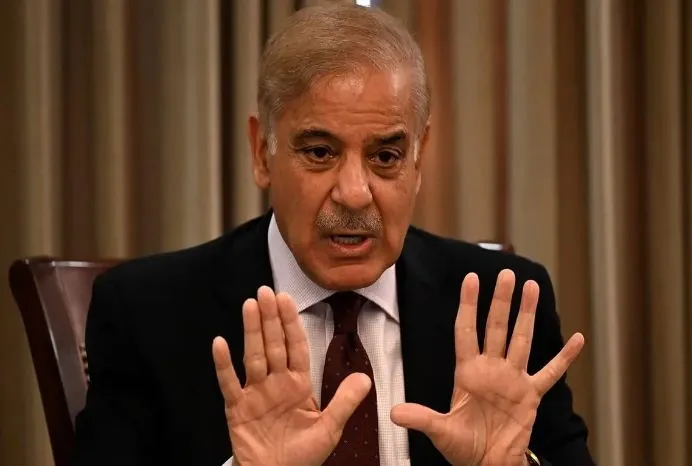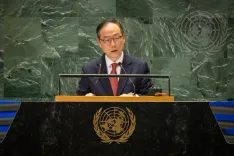Will Pakistan Send a Diplomatic Notice to India Over IWT Suspension?

Synopsis
Key Takeaways
- Pakistan intends to formally notify India regarding the IWT suspension.
- The Pahalgam terror attack has heightened tensions between the two nations.
- Formal complaints will be directed towards the World Bank and the UN.
- The Indus Waters Treaty is a pivotal agreement for regional water sharing.
- Pakistan maintains legal primacy over the treaty.
Islamabad, May 2 (NationPress) The government of Pakistan has resolved to issue a formal diplomatic notice to India regarding its 'unilateral decision' to suspend the Indus Waters Treaty (IWT) following the tragic Pehalgam terror attack on April 22, where four terrorists, two of whom were Pakistani, killed 26 innocent civilians.
Immediately after India announced the suspension of the IWT in response to actions taken against Islamabad post the terror incident, Pakistan's Ministry of Foreign Affairs, Ministry of Law, and water resources officials have been in continuous discussions.
Sources indicate that the initial steps to file a formal notice have been finalized, and it is expected to be sent through diplomatic channels shortly.
The notice aims to request clear justifications from India for the suspension of the pivotal 1960 treaty, which regulates water sharing between both nations, according to sources within the Indus Commission.
Additionally, Pakistan is preparing to submit formal grievances to international bodies such as the World Bank (WB), which acts as the treaty's guarantor.
Complaints will also be directed towards the United Nations (UN) and other international platforms through diplomatic efforts.
Pakistan regards India's unilateral suspension of the IWT as a manifestation of New Delhi's water aggression and asserts that it maintains legal precedence over the treaty.
"We believe India will be prompted to reconsider its decision regarding the IWT. Pakistan will undertake all necessary actions following federal cabinet approval," stated a government source in Islamabad.
India has accused Pakistan of being responsible for the Pahalgam attack after the Resistance Front (TRF), a proxy of the Lashkar-e-Taiba (LeT) terrorist group, claimed responsibility.
New Delhi has made it clear that justice must be served for those behind the Pahalgam terror attack before any discussions about water can take place.









